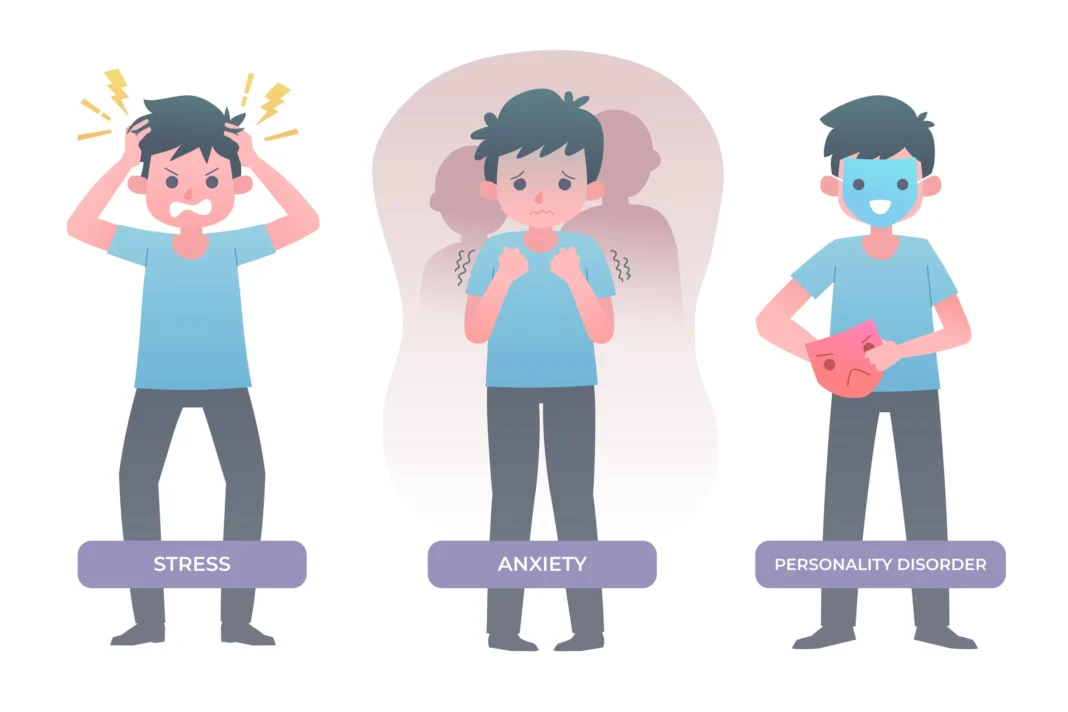#vertigo #dizzy #dizziness #sleep
Dizziness is a surprisingly common problem, affecting up to 20% of people over 70. Even younger individuals can experience it. This can be frustrating, as diagnosing the cause can be time-consuming. Here’s a breakdown of the top 12 causes of dizziness, as explained by Dr. Chris Chang
1. Benign Paroxysmal Positional Vertigo (BPPV):
This causes sudden spinning sensations triggered by head movement, lasting less than 15 minutes. Specific exercises, like the Epley maneuver, can effectively treat it.
2. Anxiety:
Anxiety-related dizziness often feels like lightheadedness or imbalance, lasting for hours or days.
3. Orthostatic Hypotension:
This is lightheadedness (or even temporary vision loss) upon standing from a sitting or lying position. Treating underlying low blood pressure resolves this type of dizziness.
4. Heart Problems:
Cardiac arrhythmias (irregular heartbeats) and vascular issues like carotid artery stenosis (narrowing) can cause dizziness due to blood flow problems to the brain.
5. Inner Ear Issues:
Inflammation or infection of the inner ear’s balance system (labyrinth) can bring on dizziness, often lasting for days even at rest.
6. Meniere’s Disease:
This condition involves recurring vertigo, fluctuating hearing loss, tinnitus (ringing in the ears), and ear fullness, often preceding dizzy spells lasting for hours or days. Initial treatment focuses on dietary changes, diuretics, and medications like betahistine.
7. Pinched Nerve in the Neck:
A pinched nerve in the cervical spine can trigger sudden dizziness, especially with head movements. You might also experience neck pain, numbness, or tingling down the arm.
8. Brain Tumors:
Both cancerous and non-cancerous brain tumors can cause dizziness, particularly if they press on the vestibular nerve. This is more concerning if you have hearing loss that’s worse in one ear.
9. Migraines:
Dizziness can be a symptom of migraines, especially if accompanied by headaches with light and noise sensitivity. Treating the migraines often resolves the dizziness.
10. Medication Side Effects:
Many medications, including those for high blood pressure, anxiety (benzodiazepines), nerve pain (neuromodulators), pain (narcotics), and blood thinning, can cause dizziness as a side effect.
11. Allergies:
Allergies can sometimes cause mild, continuous dizziness that doesn’t significantly impact daily activities. Antihistamines are the usual treatment.
12. Eustachian Tube Dysfunction:
A clogged ear due to Eustachian tube dysfunction can cause dizziness. The worse the blockage, the worse the balance problems. Treating the dysfunction resolves the dizziness.
Remember, this information is intended for general knowledge and should not replace consulting a medical professional for diagnosis and treatment.


